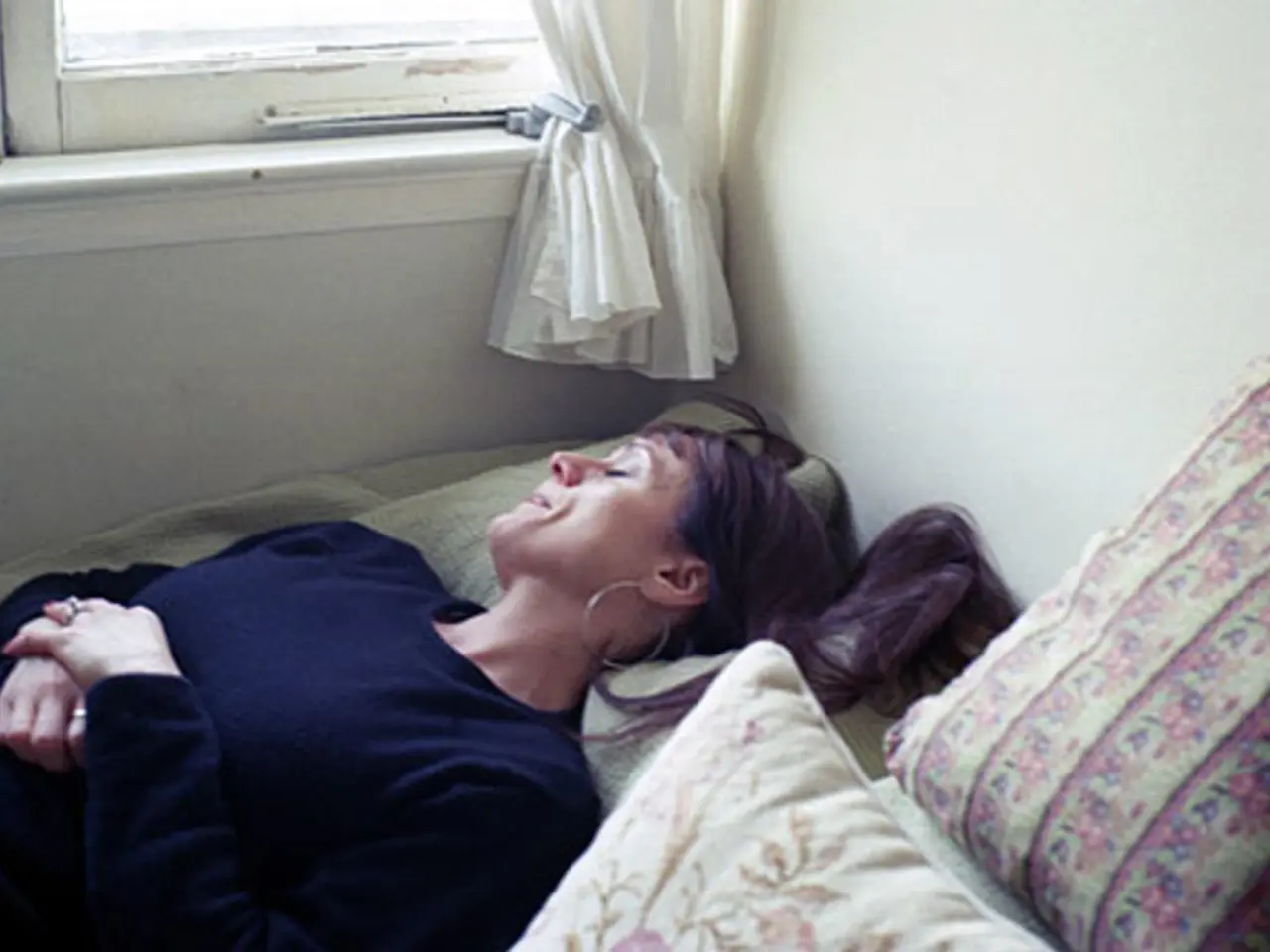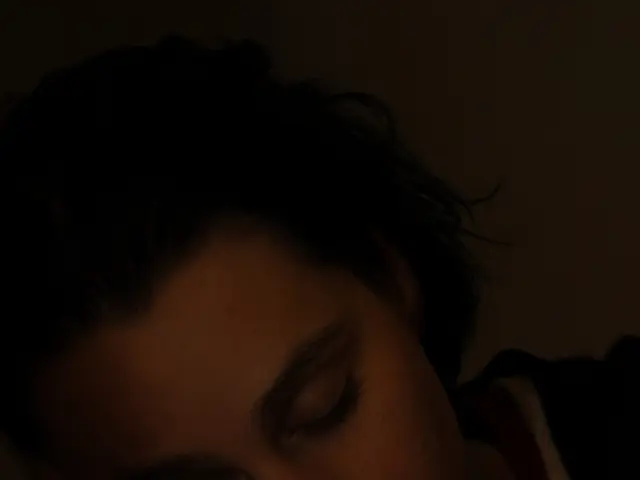struggles with sleep during menstruation: check out these solutions
Are you tossing and turning during your period? Nearly 30% of women struggle with sleep during menstruation, according to a National Sleep Foundation study. Causes can range from an unsettling mood or stomach issues to uncomfortable cramps.
During these days, your body experiences hormonal fluctuations. Progesterone drops right before your period starts, making you feel tired and sluggish. Meanwhile, estrogen levels rise and fall, leading to mood swings and sleep troubles.
Why Are You Wide Awake During Your Period?
There are a few explanations for your sleepless nights during this time. Hormonal changes lead to increased energy expenditure as your body sheds the uterine lining, causing fatigue. Yet, the higher body temperature, contributed by progesterone, prevents you from catching those much-needed Z's.
Period pain and cramping can also interfere with your sleep patterns.
How Does PMS and PMDD Impact Your Sleep?
Premenstrual Syndrome (PMS) and Premenstrual Dysphoric Disorder (PMDD) can have an impact on your sleep, too. Common symptoms, such as weariness, bloating, and irritability, might be severe enough to disrupt everyday activities.
Best Sleeping Positions for Period Cramp Relief
Sleeping positions can offer some relief from period cramps. Consider the fetal position or lying on your stomach with support from a pillow. Placing a pillow strategically, such as between your thighs or beneath your knees, can further ease discomfort.
To get even more relief, try child's pose or various yoga poses, including bound angle pose, legs up the wall, or supine twists, before bed.
If you prefer sleeping on your back, gently massaging your abdomen can help alleviate pain and promote relaxation. Don't forget to support your neck with a pillow for extra comfort!
Here's How to Improve Your Sleep During Menstruation
- Maintain a regular sleep schedule.
- Create a calming bedtime routine.
- Limit caffeine and alcohol before bedtime.
- Use heat or cold packs on your stomach.
- Turn off mobile phones and TV before sleeping.
With these tips, you'll be drifting off to dreamland even during your period nights!
Insomnia during the menstrual cycle may be attributed to the intrusion of science, as studies reveal that changes in hormones such as progesterone and estrogen can disrupt sleep, causing increased energy expenditure, higher body temperature, and sleep troubles, which could be linked to health-and-wellness and even women's health. Additionally, the agony of period pain and cramping can compound the issue, proving that understanding the relationship between sleep and these hormonal fluctuations is vital for alleviating sleep disturbances.








